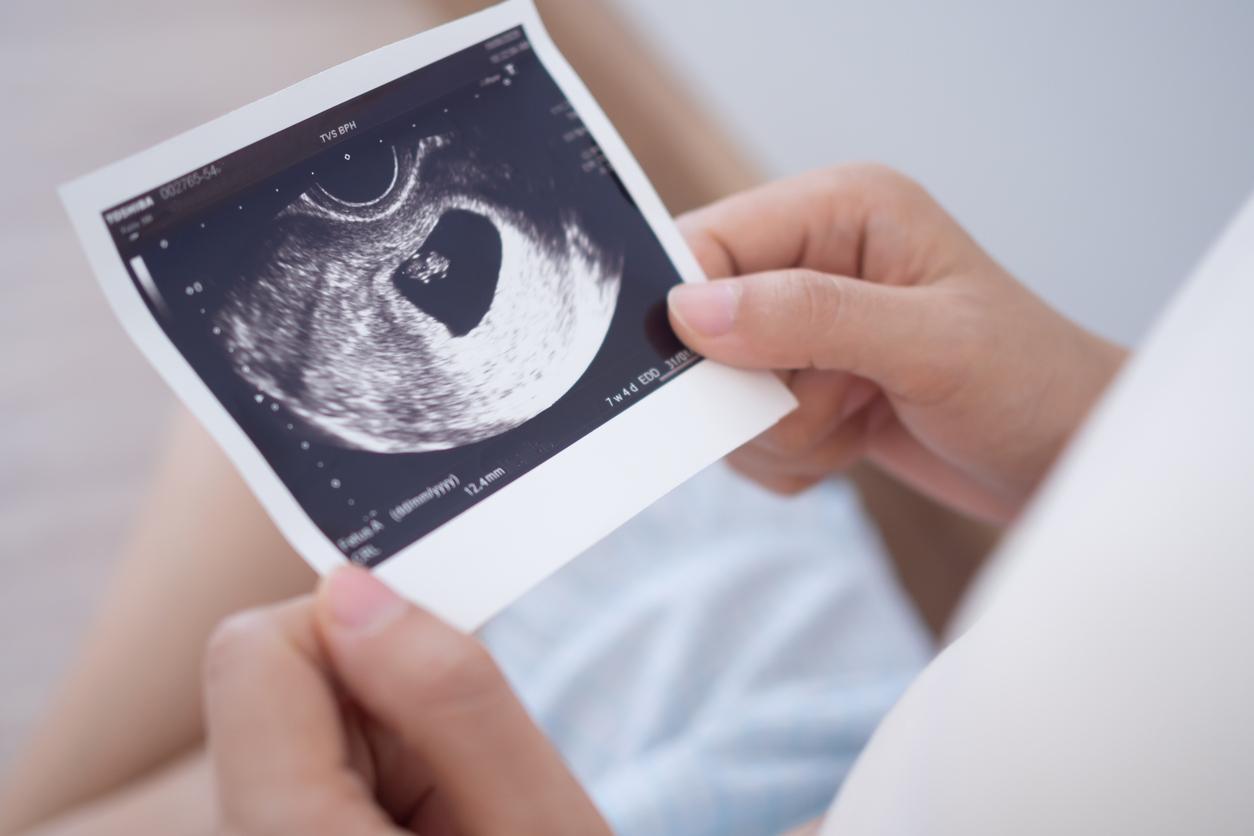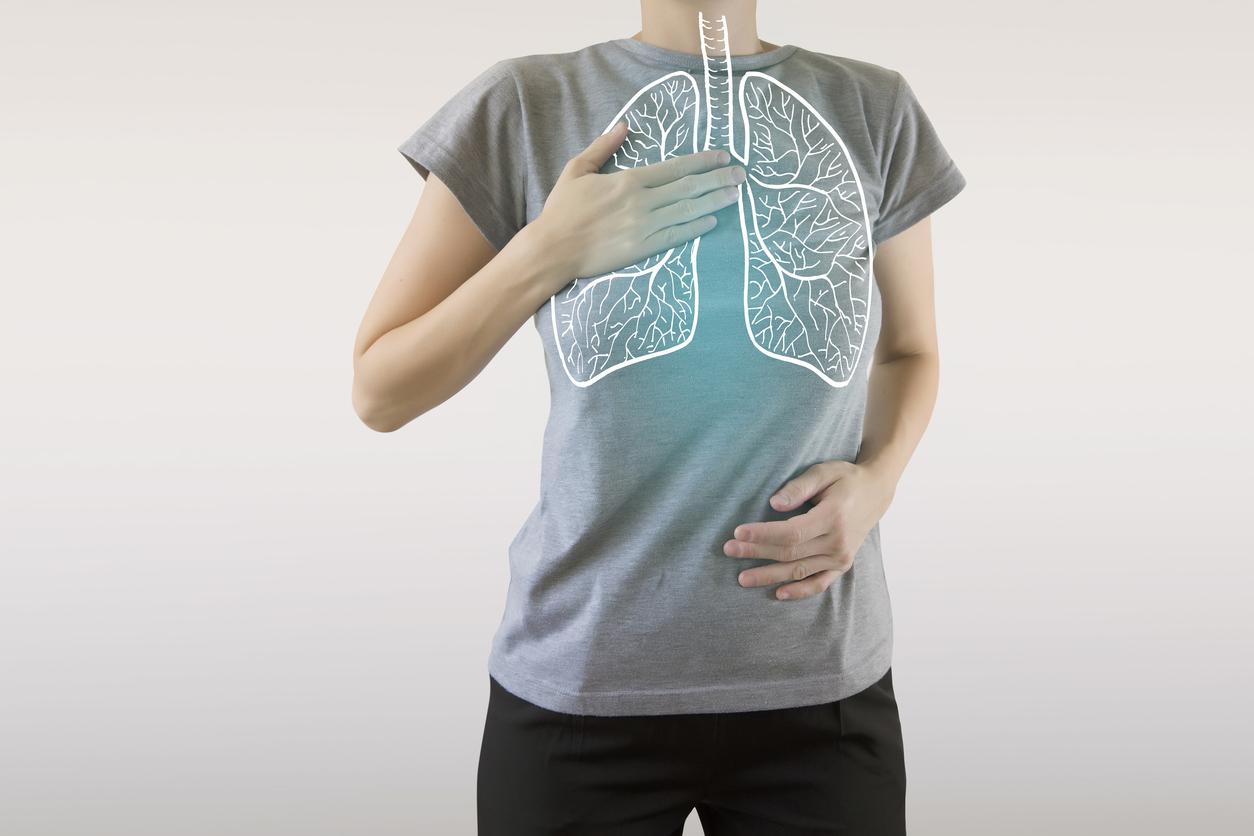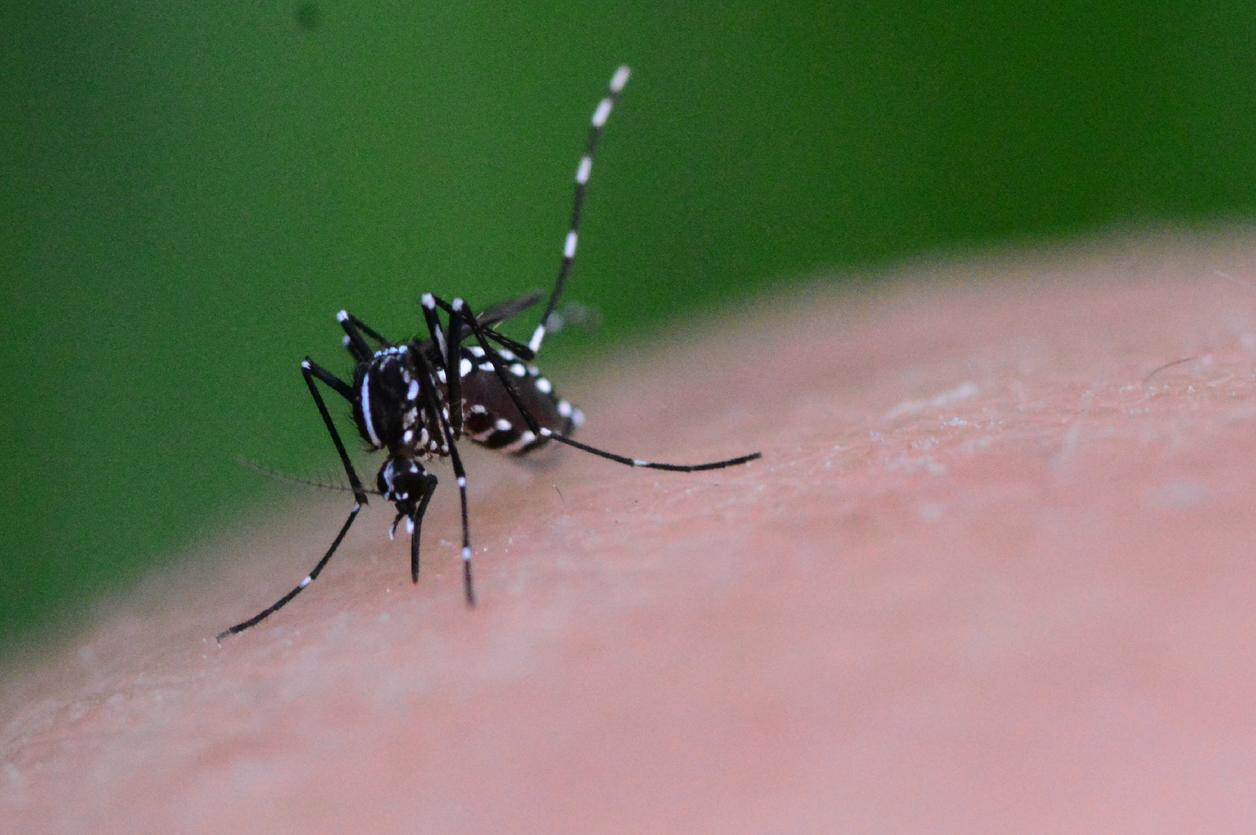Air and now maritime controls. President François Hollande announced that France would expand its surveillance system to ships from West Africa. Until now, it was the airports and, more particularly, passengers on planes from Guinea in Roissy which were subject to health checks (temperature measurement with laser thermometer) in order to detect possible patients with Ebola fever.
From now on, all modes of transport will be monitored: “France must have control systems which must not be simply air traffic controls but also controls on all modes of transport, even maritime; this is what we are going to do. set up, “François Hollande explained on Friday.
According to Lemonde.fr, these maritime checks should concern around forty boats which arrive each month in France from West Africa, Liberia, Sierra Leone and Guinea. These three countries are the most affected by Ebola.
Liberia suffers the most from the epidemic with 4,665 recorded cases and 2,705 deaths. Sierra Leone is next with 3,706 cases and 1,259 deaths, followed by Guinea with 1,540 cases and 904 deaths.
First cases in New York and Mali
This French announcement comes as the city of New York in the United States has made public its first case of Ebola and the fourth in the country. This time, it is a 33-year-old doctor, Craig Spencer, who returned from Guinea after a mission for Doctors Without Borders with Ebola patients. Hospitalized Thursday with more than 39 ° C fever and abdominal pain, the man was placed in quarantine at Bellevue Hospital in Manhattan.
For its part, Mali is facing its first confirmed case of Ebola, a girl from neighboring Guinea. She was placed in quarantine in Kayes, in the west of the country, according to the Malian Ministry of Health
A European coordinator
The European Union has appointed a coordinator to organize “the European response” to the Ebola epidemic. The European Commission intends to release 24.4 million euros “to give a boost” to research. Objective: to accelerate research and discovery of treatments and vaccines. “The funding will go to five European projects that range from a large-scale clinical trial of a potential vaccine to testing of existing and new compounds to treat the Ebola virus,” the European Commission said.

















